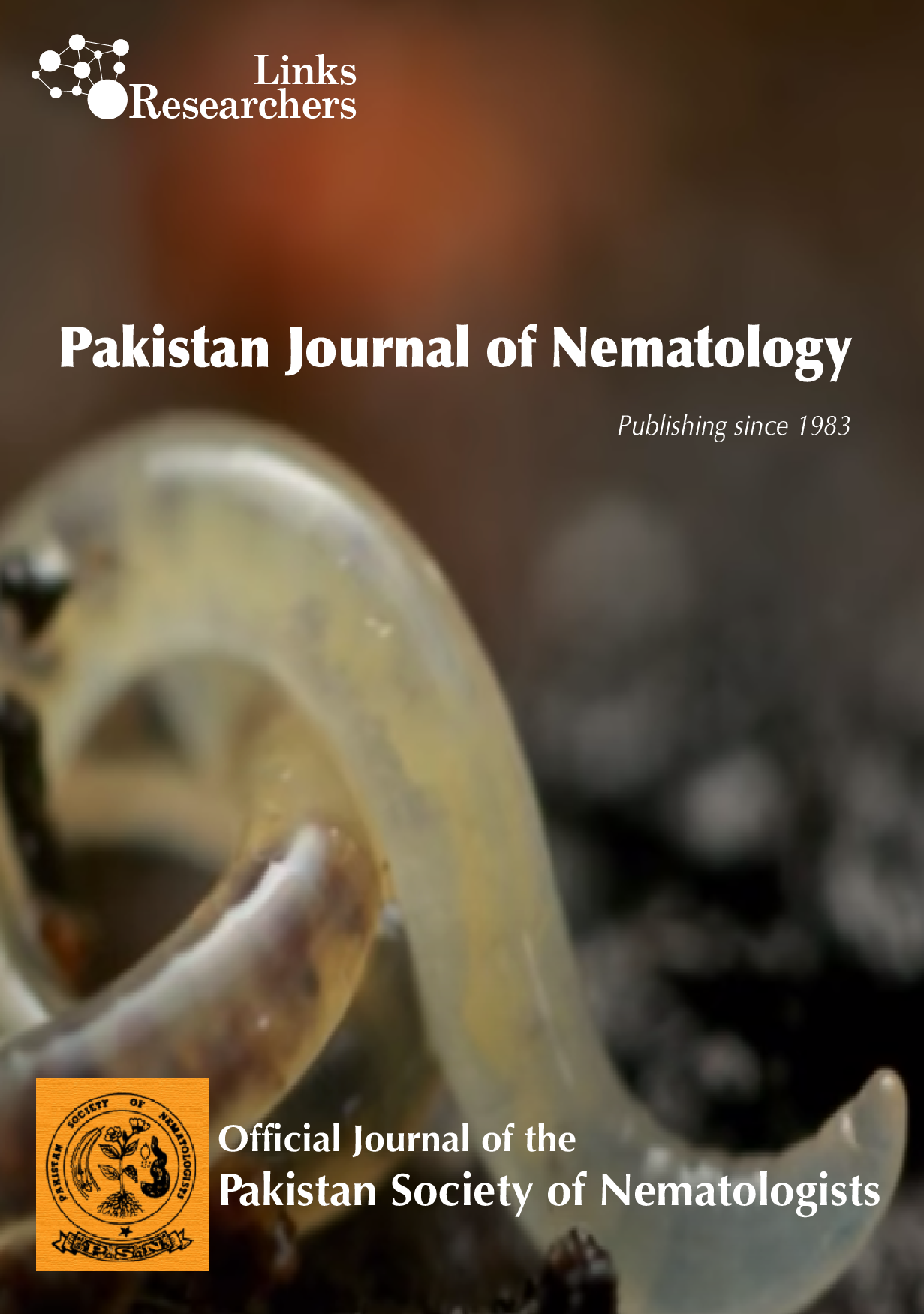Susceptibility of Sweet Potato Varieties to Meloidogyne incognita and Use of Effective Microorganisms and Compost Manure for the Disease Management
Susceptibility of Sweet Potato Varieties to Meloidogyne incognita and Use of Effective Microorganisms and Compost Manure for the Disease Management
Aishat Adetola Anifowose*, Nkechi Betsy Izuogu and Benoit Katchitche Sossou
ABSTRACT
To address the constraints posed by root-knot nematodes (RKN) and hazards of chemical nematicides in sweet potato production, effective microorganisms (EM) and compost manure were applied singly and in combination on two varieties of sweet potato under field and -screenhouse conditions. The trials were 2x5 (screenhouse) and 2x4 (field) factorial experiments fitted into a randomized complete block design (RCBD), respectively, and the field was naturally infested. Each pot in the screenhouse was inoculated with 2400 M. incognita juveniles at planting. Compost manure was incorporated a week before planting at 1.5 t/ha for the single treatments and at 0.75 t/ha at planting for the combined treatments. EM was applied twice at a two-weeks interval at 4000 l/ha and 2000 l/ha for the single and combined treatments, respectively. The nematode-inoculated, untreated pots and plots served as negative controls. Generally, the increase in growth and yield parameters and decrease in nematode population was significantly higher (P=0.05) in treated plants than in control plants. Galling was most severe in negative control plants with poor yield. Even so, the yellow jersey variety was more susceptible to Meloidogyne incognita infection. However, the combination of EM and compost manure had significantly higher performance than the other treatments, especially on the Boniato variety. The implications of EM combined with compost manure as eco-friendly control of RKN infection in sweet potatoes in a changing climate are noteworthy and should further be tested and favourably considered for use by the potatoes farmers for adoption.
To share on other social networks, click on any share button. What are these?




